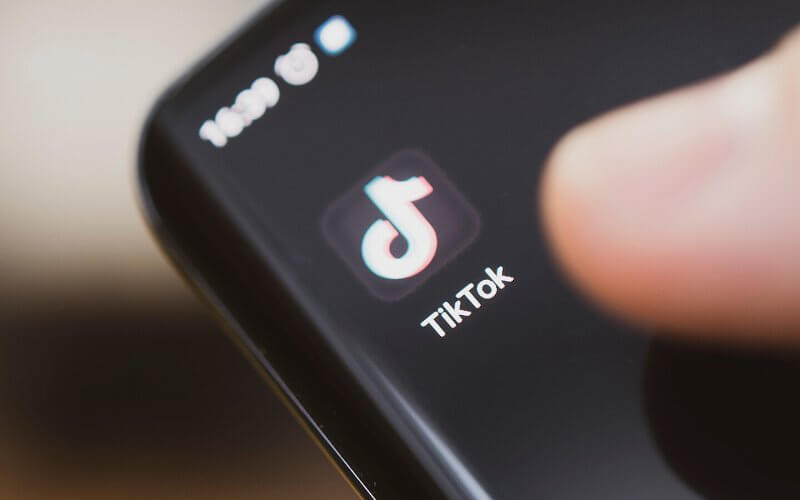The House of Representatives voted in favor of a bill that could lead to the ban of the popular platform TikTok in United States. This measure, driven by concerns about national security and possible foreign interference, has ignited a debate that pits the protection of national interests against freedom of expression in the digital world.
The legislation approved by U.S. lawmakers establishes a nine-month deadline for the China-based company ByteDance, which owns TikTok, to cut ties with its parent company in the Asian giant by selling the platform. If this requirement is not met, the most popular short video application of the moment could face a total ban in the United States.
Proponents of this measure have made strong arguments about the alleged threats that TikTok represents to the national security of the United States. According to the country's intelligence community, there is a possibility that the Chinese government could access the data of the platform's users, which could be used to influence electoral processes and widen divisions in American society.
This concern is not new, since TikTok has long been identified as a potential instrument of foreign interference. In fact, Beijing is accused of having used the platform to influence the 2022 midterm elections, and it is warned that it could try to repeat this interference in the presidential elections in November of this year.
However, the measure has not been without criticism and controversy. TikTok, for its part, has reacted strongly, arguing that the ban would "violate the freedom of expression" of its 170 million American users. This position has found echo in broad sectors of society who see this legislation as a threat to fundamental rights in the digital sphere.
The debate intensified even more after some media raised concerns that President Biden himself, who initially supported the measure, used the Chinese online platform during his election campaign.
That fact unleashed intense scrutiny over the limits between the protection of national interests and respect for individual freedom in cyberspace.
The bill is continuing to move forward the Senate where it is expected to find majority support, putting TikTok closer than ever to a possible ban in the United States.
However, the path is not yet completely drawn, since the sale period could be extended for another year, a decision that will remain in the hands of the president.










